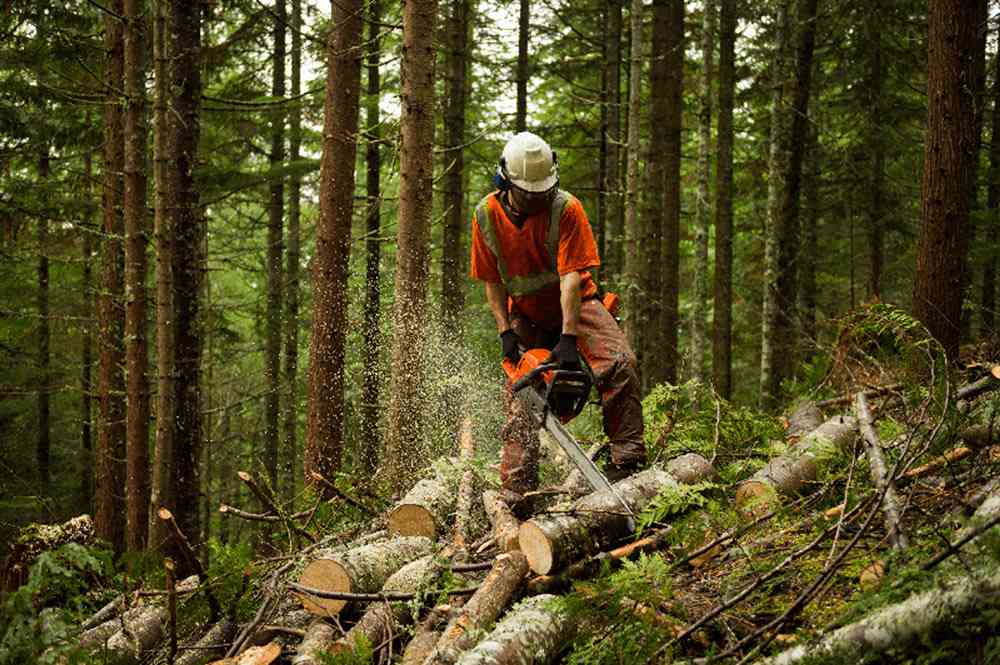
Harare Gardens and Harare International Conference Centre were venues known for hosting great gospel events like Nguva Yakwana and Ngaavongwe Explosion among others.
Famous gospel artists from South Africa, including the late Vuyo Mokoena, Lundi Tyamara, Rebecca Malope, Buhle Nhlangulela and Tembinkosi were some of the artists who came to grace exciting gospel music shows in the country during that era.
Harare Gardens had become known as the ceremonial home of gospel music but it has now become a sungura home ground.
Gospel shows are now very scarce and most musicians in this genre are now hosting scattered individual shows.
Music promoter Patson Chimbodza of Chipaz Promotions blames the media for the decline in collaborative gospel shows.
“Artists who were teaming up for collaborations within these famous gospel shows found out that it was no longer worth it to continue since the media was taking the shows as a platform to compare artists. This came with a lot of negative effects on the artists’ performances,” said Chimbodza.
He also attributed this development to promoters.
- Chamisa under fire over US$120K donation
- Mavhunga puts DeMbare into Chibuku quarterfinals
- Pension funds bet on Cabora Bassa oilfields
- Councils defy govt fire tender directive
Keep Reading
“Promoters also come in different ways and I have seen that not many promoters favour promoting gospel music. Most of them go for other genres like sungura,” he said.
Another promoter, Barbara Chikosi who owns Red Rose Entertainment believes the popularity of gospel music has gone down because fans now favour the fast and danceable beat more than the laid-back style that most gospel musicians pursue.
“The style is always changing in every genre and these days in gospel circles, artists are using a fast beat as compared to long back and people might eventually become specific about what they favour listening to,” she said.
Gospel music was popularised in Zimbabwe in the late 1980s by stars like Jordan Chataika, Freedom Sengwayo, Mechanic Manyeruke and Jonathan Wutawunashe.
Brian Sibalo and Manyeruke were very popular in the early 90s.
The mid-nineties saw the rising of new gospel stars in the mould of Ivy Kombo and Carol Chivengwa-Mujokoro of the Egea Gospel Train whose debut album Mufudzi Wangu was released in 1994, consisting tracks such as Be Thou My Vision, Ndotarisa Kumakomo and Utiziro among others.
Other gospel artists who emerged from the 90s include Lawrence Haisa, Elias Musakwa, Rita Shonhiwa and Brother Sam with his hits Makanaka Jesu and Cherechedza.
In the late-90s, the likes of Charamba, Primrose Cement and Mahendere Brothers came to the fore.
Charamba grew in popularity and currently holds gospel sales records, most likely due to his sungura-based contemporary style.
Shingisai Suluma also became popular with hit song Mirira Mangwanani.
Early 2000, a lot of gospel artists also recorded, though a few really rose to stardom.
These included Fungisai Zva-kavapano-Mashavave who has risen to become the most dominant female gospel musician in the current era, Stanley Gwanzura (Pastor Gee), Kudzai Nyakudya and gospel acappella outfits like Vabati VaJehovah.
However what is evident is the fact that some of these gospel musicians and trumpeters that left a mark on the hall of fame of gospel music have lost the touch or may have simply moved away from the genre that brought them to the spotlight.










